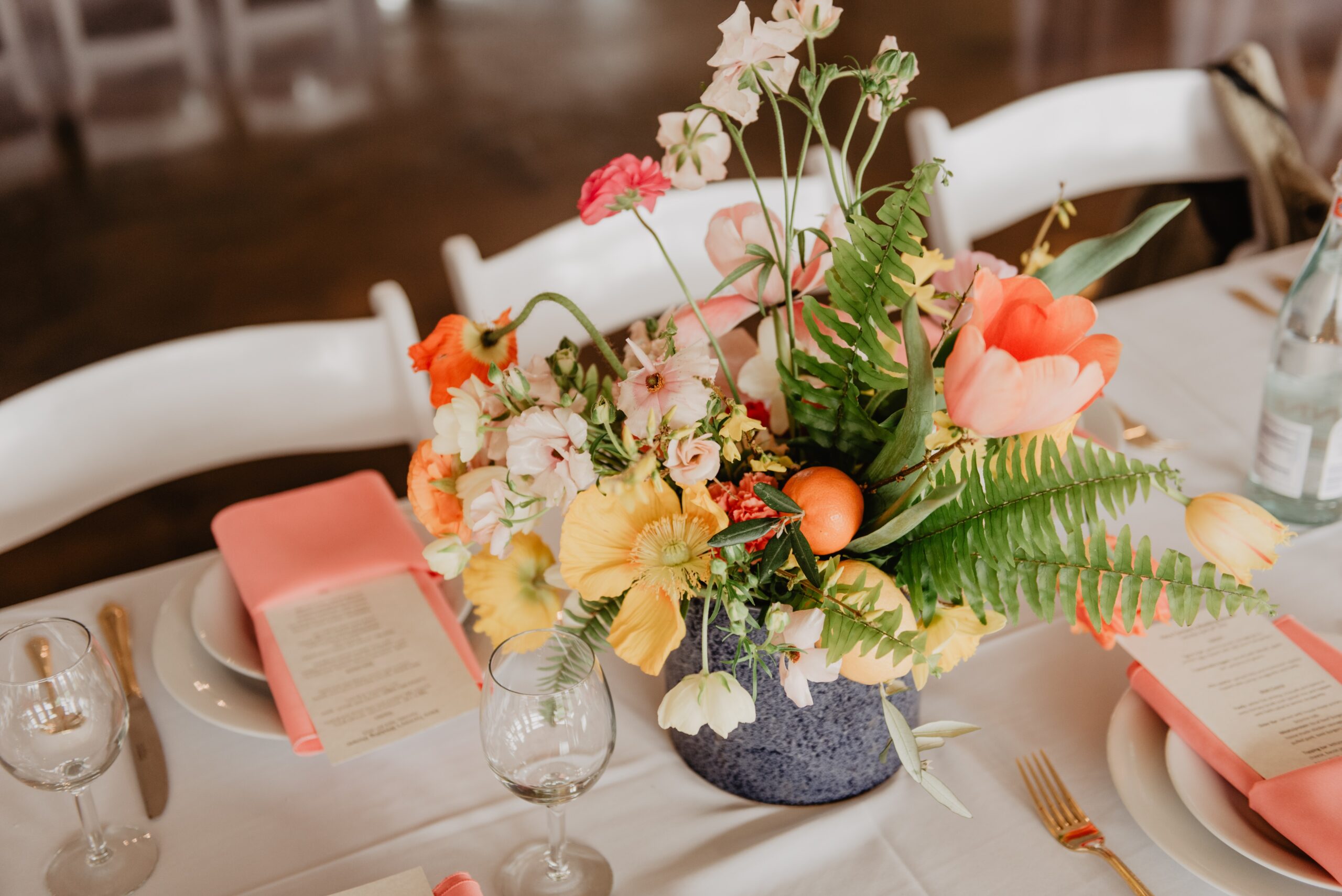
Marriage is an integral foundation of a society that binds people together. It ties two people, along with their families in the sacred bond of marriage.
Many people, including myself, have been taught to believe that arranged marriages are sad and loveless relationships. However, this stereotype of arranged marriage is being dispelled by many women who have been sharing their stories about their own arranged marriages and how they came to be. In the past, arranged marriages were more formal and had less room for negotiation, but modern arranged marriages are more flexible, with parents and other family members not as involved as they once were in the process.
Arranged marriages are defined as a marital union planned by the families, typically parents, of the couple. Forced marriages, on the other hand, are when one or both parties do not give full and free consent to the situation. A marriage can also become a forced marriage if one or both of the parties are forced into staying in the marriage.
Forced marriages can look like arranged marriages and often the two can be indistinguishable. Although it might be said that either party can decide not to get married, it can be strongly discouraging and those involved can be coerced or even threatened into a situation they do not want to agree to.
A surprising number of marriages today are arranged, although we rarely know or speak about them. It is estimated that over 50 per cent of marriages around the world are arranged, and approximately 20 million arranged marriages exist today. Those who enter an arranged marriage also have a much lower divorce rate than those who enter a marriage without their parents’ involvement.
Oftentimes, in modern arranged marriages, the couple does not meet for the first time at the altar, although in some cases that still occurs. Young people nowadays can say no to an arranged marriage if they do not approve of who their parents have found for them, which is another more recent change. In some cases, they even leave home or threaten to take their lives if forced into the marriage.
In some places, such as Niger and India, the marriage age for young girls is extremely low, at only 15 years old. These are mostly forced marriages, where the girl is taken out of school and left with no other options. This has led to a concerning amount of childbirths in these countries. Places consider arranged marriages a tradition, but when they turn out to be forced marriages, it is simply abuse.
In some countries, traditions and cultures, arranged marriages are indeed superior and more powerful than love marriages because at one point you have to give up on your love and give in to arranged marriage.
What works for our grandparents back in the day is not working for us now because of civilization, education, globalization and modern influences. No matter how much we grow our parents still see us as children who can’t make good choices at times. As we all know “parents know best based on their experiences” but that doesn’t mean they don’t or can’t make mistakes also.
Some parents use these opportunities to arrange a marriage for their interests or even business purposes. They give their children’s hands in marriage to the other family for contract and the child will be serving the family in other for his/her family to keep getting the benefits.
Some children will agree to be in the marriage for some time and leave after they get the opportunity.
Some of these marriages don’t last or end with the death of the couple because of hatred.
Arranged marriages have a negative connotation to them in the Western world, but when you take a deeper look, it is forced marriages that contain more issues. Hopefully, soon, we will be able to see a world where people have the freedom to choose who they want to spend the rest of their lives with. But for now, we must simply work and speak out against it.

